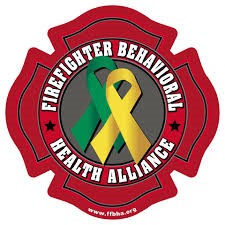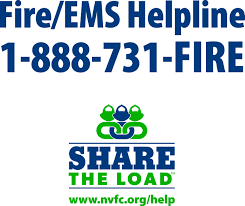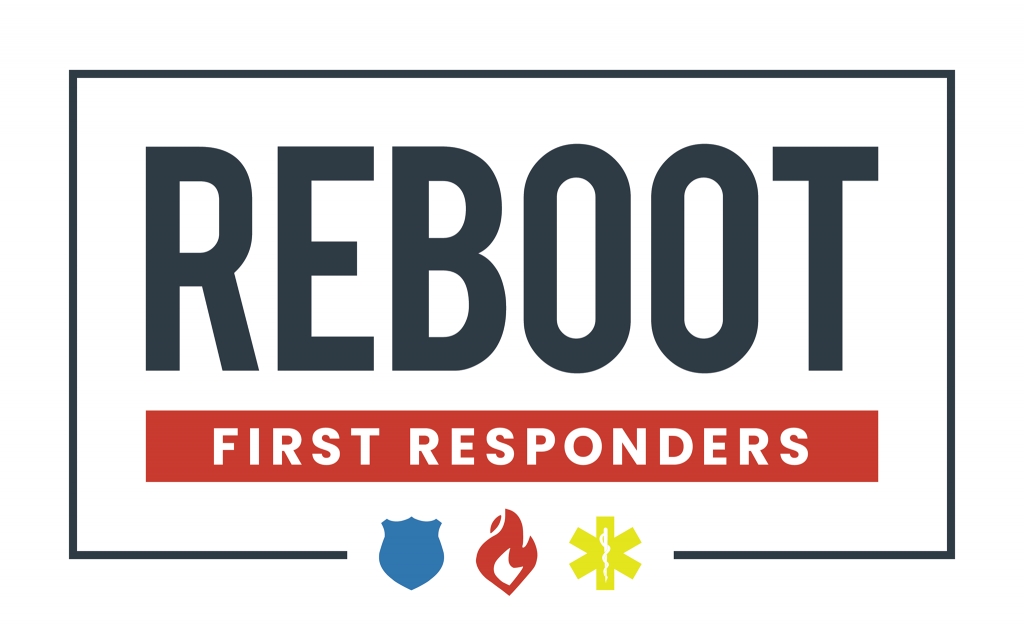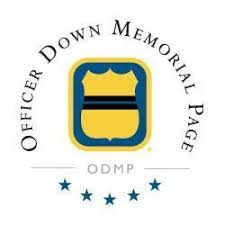Grief

Photo by Zac Durant on Unsplash
Being the guardians and warriors of our society, firefighters, medics, and cops are all too familiar with the horrors they face daily. They experience and see things that most people cannot comprehend. First responders tend to overlook themselves to provide a much-needed service to the public. On any given day, they will be involved in horrible situations where death and loss are sudden and unexpected. Sadly, many first responders lack the necessary emotional resources to process their feelings of grief. Unresolved grief leads to depression, Post Traumatic Stress, and eventually to suicidal ideation.
Blessed are those who mourn, for they will be comforted.
Matthew 5:4 NIV
Grief can also be caused by change; maybe a sudden or unexpected team reassignment, the loss of a promotion, an unwanted medical retirement, or the death of a coworker, active or retired. These are just some of the daily situations that can cause feelings of grief.
Dictionary.com defines grief as:
keen mental suffering or distress over affliction or loss; sharp sorrow; painful regret.
A cause or occasion of keen distress or sorrow.
Grief is a normal and natural feeling that will affect everybody. It only becomes an issue when left undealt with. Research has shown that first responders are excellent at suppressing their emotions, including grief. This may help in the beginning, but those suppressed feelings will eventually overflow. First responders are also great at “showing a strong front” or for having a “stiff upper lip.” This response will lead our responder to feelings of being overwhelmed as they slowly withdraw from society and into their safety net. Many may turn to self-healing by abusing drugs, alcohol, or other self-destructive distractions. First responders must deal emotionally with their memories of horrible incidents to fend off years of anxiety.
Normal grief subsides during the first few months, suffering that intensifies becomes complicated grief, and exposure to several loss incidents becomes cumulative grief.
Complicated grief is when there is intense sorrow or pain, when your focus is lost, when you become numb or detached, or when bitterness sets in. Many people experiencing complicated grief feel that life has no meaning or purpose; they cannot enjoy life and believe life isn’t worth living. Because of the negative feelings, people suffering from complicated grief may have suicidal thoughts.
Cumulative grief occurs when one is exposed to multiple incidents. Because of the nature of their business, First Responders and our American Military Warriors are constantly exposed to the horrors of severe injury and death. Many will use alcohol and drugs to numb the effects of their grief. Cumulative grief also leads to depression, PTSi, and suicide.
Unresolved grief presents additional issues for retired first responders. Life slows down, and there are fewer distractions; there is the loss of their close-knit second family. They no longer feel they are part of the organization, and they no longer enjoy that first responder support. The term “friendly divorce” best describes the situation. When they return to their former second home, they feel like they only have visitation rights. Alone in their thoughts, they become overwhelmed as an entire career of suppressed emotion emerges. That coupled with health issues and the continuing deaths of retired friends, cumulative grief continues to build. Unresolved grief must be dealt with soon after retirement so our responder can enjoy the next chapter in life.

Photo by Aaron Burden on Unsplash
Grief is painful; it is suffering; it is something that nobody wants to experience. Unresolved grief is cruel, unrelenting, callous. Unresolved grief is merciless. Fortunately, we have a God that is MERCIFUL.
During our darkest times, we must turn to our family and faith for support. You may feel the pain and suffering will never go away; but, by feeding on the word of God, you will open your heart, you will feel your emotions, you will adequately process your grief, and God’s word will heal you. The Bible says, “The Lord is close to the brokenhearted and saves those who are crushed in spirit.” Psalm 34:18 NIV. God is with you, even when you don’t think so.
The Apostle Paul wrote in 2 Corinthians 1:3-4, “Blessed be the God and Father of our Lord Jesus Christ, the Father of mercies and God of all comfort, who comforts us in all our affliction, so that we may be able to comfort those who are in any affliction, with the comfort with which we ourselves are comforted by God.” And in Revelation 21:4, the Apostle John wrote, “He will wipe away every tear from their eyes, and death shall be no more, neither shall there be mourning, nor crying, nor pain anymore, for the former things have passed away.”
As First Responders, we took an oath to protect good and fight evil. Many have lost track of their priorities and have put the job first in their lives. If you are experiencing lower than usual sense of self-worth, depression or misplaced guilt, inability to specifically remember or talk about the trauma, feeling numb emotionally, dissociation (not aware of the present moment), a feeling of disconnection from their everyday lives, feeling hyper-aroused and vigilant for danger all the time, lashing out in irritability or unexplained anger, feeling jittery, or unable to concentrate on tasks at hand or other anxiety disorders, such as panic or intense distress, talk to someone and get help. Get back to the basics Put God First, Family Second, and the job further down in the order.
IF YOU HAVE THOUGHTS OF SUICIDE GET HELP NOW
Law Enforcement Copline (800) 267-5463
Firefighters / Medics Fire/EMS HELPLINE (800) 731-FIRE (3473)
“Grief’s darkness fades in the sunlight of thanksgiving”
Billy Graham









